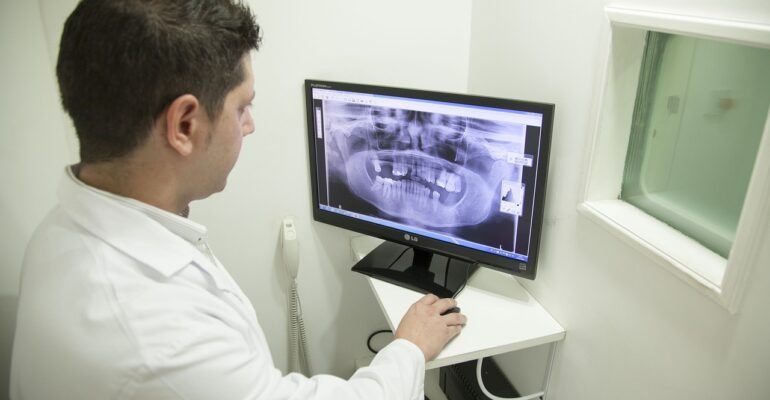In today’s digital age, the healthcare industry is facing an unprecedented rise in cyber threats. The sector is particularly vulnerable due to the sensitive nature of the data it handles—patient records, financial information, and personal credentials. Protecting this data from breaches, unauthorized access, and malicious cyber-attacks is of paramount importance. This is where ISO Certification for Health Care, an international standard for information security management, becomes essential for healthcare organizations. It provides a robust framework for implementing and maintaining an effective Information Security Management System (ISMS), ensuring data protection, risk management, and compliance with global regulations.

One of the primary reasons ISO 27001 is crucial for healthcare information security is the nature of the data at risk. Patient health records, including personal details and medical histories, are highly valuable to cybercriminals. A data breach can lead to identity theft, insurance fraud, and financial losses for both patients and healthcare providers. ISO 27001 establishes clear protocols for securing data through encryption, restricted access, and regular audits, making it significantly harder for unauthorized individuals to access sensitive information.
Healthcare organizations operate under strict regulatory requirements such as HIPAA (Health Insurance Portability and Accountability Act) in the United States, GDPR (General Data Protection Regulation) in Europe, and various other local laws worldwide. These regulations mandate the protection of patient data and impose severe penalties for non-compliance. ISO 27001 aligns with these regulations, offering healthcare providers a structured way to meet their legal obligations while minimizing the risk of penalties. By implementing ISO 27001, healthcare organizations can demonstrate their commitment to data security and regulatory compliance, building trust with patients and partners alike.
Healthcare organizations are frequently targeted by ransomware, malware, and phishing attacks, all of which can cripple operations and lead to devastating data breaches. ISO 27001 requires organizations to conduct thorough risk assessments to identify potential vulnerabilities. By understanding these risks, healthcare organizations can implement preventative measures to protect against data breaches and cyber-attacks. Moreover, ISO 27001's continuous improvement model ensures that the ISMS evolves with emerging threats, keeping the healthcare organization’s security framework up to date.
ISO 27001 not only focuses on securing data but also on improving overall data management. It promotes the creation of policies and procedures that enhance the efficiency of data handling within healthcare organizations. With an ISO 27001-certified ISMS, healthcare providers can streamline data sharing between departments, ensuring that the right individuals have access to the right information at the right time. This reduces the risk of errors, delays, and unauthorized access, while simultaneously improving operational efficiency.
Implementing ISO 27001 shows a healthcare organization’s commitment to safeguarding patient data, which significantly enhances its reputation. In a sector where trust is critical, patients, partners, and insurers are more likely to engage with healthcare providers that prioritize data security. Additionally, ISO 27001 certification offers a competitive advantage, setting healthcare organizations apart from competitors that lack a robust information security framework.
In conclusion, ISO 27001 is essential for healthcare organizations aiming to protect sensitive patient data, comply with regulations, mitigate cyber threats, and improve operational efficiency. Its comprehensive framework ensures that healthcare providers can manage information securely and build trust with stakeholders, ultimately safeguarding both their patients and their reputation.












